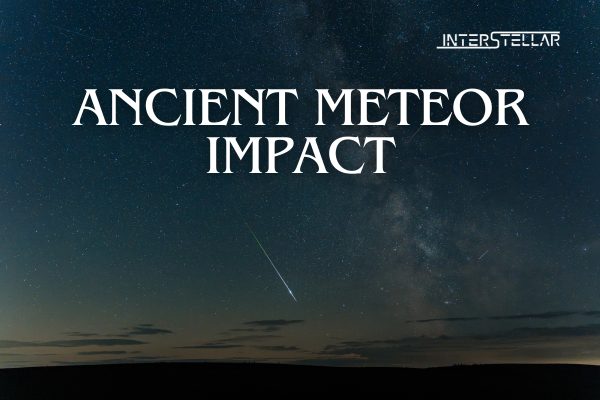Ancient Meteorite Impact: A Catastrophe That Boosted Early Life
The asteroid that struck Earth 66 million years ago and caused the extinction of the dinosaurs is infamous. However, a much larger meteorite—up to 200 times bigger—hit Earth 3.26 billion years ago, triggering even more widespread destruction. Surprisingly, new research reveals that this cataclysmic event may have actually played a role in supporting early life on Earth.
A Massive Impact with Unexpected Benefits
Scientists have studied ancient rocks in the Barberton Greenstone Belt in South Africa, where evidence of this massive impact has been preserved. The meteorite, a carbonaceous chondrite rich in carbon and phosphorus, struck with tremendous force. Its diameter was estimated to be between 23 and 36 miles (37-58 km), making it vastly larger than the asteroid that wiped out the dinosaurs.
Harvard geologist Nadja Drabon, the study’s lead author, explained that this event was quick and ferocious. The ancient meteorite impact vaporised rock, sent dust into the atmosphere, and caused global darkness within hours. A worldwide tsunami followed, devastating coastlines. The atmosphere heated so intensely that parts of the ocean began to boil. Yet, despite the devastation, life bounced back stronger than before.
“Giant Fertilizer Bomb” for Early Life
During the Paleoarchean Era, Earth was very different from today. It was mostly a “water world,” with very little land and no oxygen in the atmosphere. Life was dominated by simple microorganisms like bacteria and archaea, which had no cell nuclei. These early life forms proved to be remarkably resilient.
According to Drabon, the meteorite impact acted like a “giant fertilizer bomb.” The phosphorus from the meteorite, combined with iron churned up from the ocean floor by the tsunami, created a nutrient-rich environment perfect for microbial life. Phosphorus is essential for genetic processes, while iron provides energy for many types of microbes.
While organisms that relied on sunlight were wiped out, those in deeper, iron-rich waters thrived. The abundance of key nutrients allowed life to recover quickly, thriving within years to decades after the event.
Resilience of Early Life
The researchers found various clues in ancient rocks, including chemical signatures of the meteorite and spherical structures formed from melted rock. These discoveries indicate that life not only survived the impact but also adapted and flourished afterward.
Harvard geologist and study co-author Andrew Knoll highlighted how early life was highly adaptable. Unlike the complex life forms that perished in later impacts like the one that ended the Cretaceous Period, these simple microorganisms were versatile and capable of rapid reproduction.
“Life was resilient in the face of a giant impact,” said Drabon, noting that while meteorite strikes are often viewed as catastrophic, this event 3.26 billion years ago had lasting benefits for Earth’s earliest life forms.


